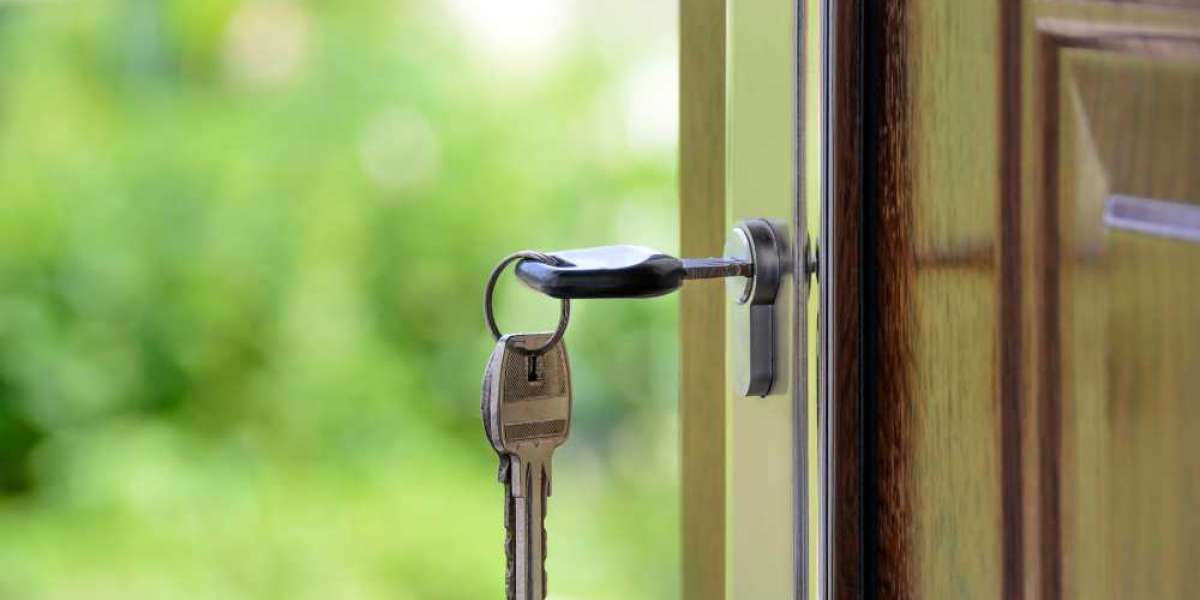Key duplication is a process that, while often overlooked, plays a critical role in everyday security, convenience, and access. Whether you’re a homeowner, a business operator, or simply someone who’s lost a key before, understanding the nuances of key duplication is vital. This article explores the types of keys that can be duplicated, how the process works, legal implications, associated risks, and modern technological considerations.
1. What is Key Duplication?
Key duplication is the process of creating a copy of an existing key. It allows multiple people to access the same lock and serves as a backup in case the original is lost or damaged.
1.1 Why Duplicate a Key?
To give access to family, friends, or employees
As a precaution against loss or theft
To avoid frequent rekeying of locks
2. Types of Keys That Can Be Duplicated
Not all keys are created equal. Some are easy to duplicate, while others are protected by legal or technical mechanisms.
2.1 Standard House Keys
Most common type and easily duplicated at hardware stores or kiosks.
2.2 Car Keys
Modern car keys often contain transponders or smart chips that make duplication more complex and expensive.
2.3 Restricted Keys
These are patented keys designed to prevent unauthorized duplication. They usually require proof of ownership and authorization from the lock manufacturer.
2.4 High-Security Keys
Keys like Medeco or Mul-T-Lock are designed with unique angles and pin systems, often requiring specialized machines and certifications to duplicate.
3. How the Key Duplication Process Works
3.1 Manual Duplication
A locksmith uses a key-cutting machine to replicate the grooves of the original key onto a blank key.
3.2 Laser Cutting
A more precise method used for high-security keys, involving automated machines and laser technology.
3.3 Digital Key Duplication
Some companies now offer digital duplication by scanning your key through an app and mailing you a copy.
4. Legal and Ethical Considerations
Key duplication can have serious legal implications depending on the context and jurisdiction.
4.1 Unauthorized Duplication
Duplicating a restricted or company-issued key without permission can be illegal and may lead to criminal charges.
4.2 Employment Contracts and Policies
Some employers restrict the duplication of office or facility keys, with violations potentially resulting in disciplinary action.
4.3 Tenant and Landlord Issues
Landlords may have policies about tenants duplicating keys. It’s essential to check lease agreements before making a copy.
5. Risks and Security Concerns
5.1 Unauthorized Access
A duplicated key can be used maliciously, especially if it falls into the wrong hands.
5.2 Lack of Traceability
Unlike access cards or digital keys, physical keys do not leave logs of entry.
5.3 Lock Vulnerability
Cheaply made locks are easier to duplicate and break into, reducing overall security.
6. Modern Solutions and Innovations
With evolving technology, key duplication is not just about cutting metal anymore.
6.1 Smart Locks
Smart locks eliminate the need for physical keys altogether, using biometrics or smartphones instead.
6.2 Key Management Systems
Used by businesses to track, authorize, and control who can duplicate keys and when.
6.3 Cloud-Based Key Duplication Services
Some companies now store digital versions of your keys for easy duplication upon request, often with built-in security verifications.
7. Tips for Safe Key Duplication
Use certified locksmiths: Always choose reputable professionals.
Avoid duplicating restricted keys without legal permission.
Store spare keys in secure locations (e.g., lockboxes, trusted friends).
Label keys minimally to reduce risk if lost.
Use advanced locks to minimize duplication risks.
8. Frequently Asked Questions
Q: Can I duplicate a key marked "Do Not Duplicate"?
A: Technically possible, but legally questionable. Reputable locksmiths typically refuse without proper documentation.
Q: How much does key duplication cost?
A: It ranges from $2–$10 for standard keys, while high-security or automotive keys can cost $50–$200 or more.
Q: Can I duplicate a key from a picture?
A: Yes, with some online services or advanced software, but this poses serious security risks.
Conclusion
Key duplication is a convenience that must be handled with care and responsibility. While it offers practical benefits, it also comes with legal and security considerations. Whether you're duplicating a house key for a family member or managing dozens of access keys for a business, understanding the types, processes, and precautions involved in key duplication is essential. With emerging technology, the process is becoming safer and more efficient, but the core principles of trust and security remain as crucial as ever.






